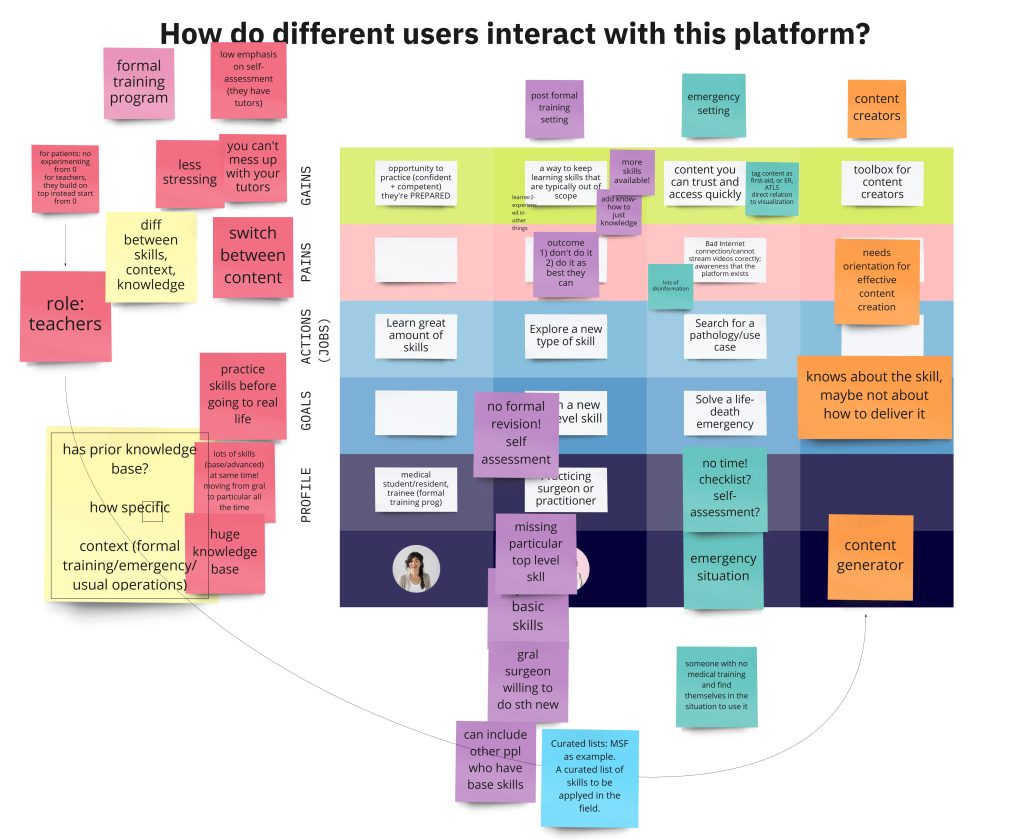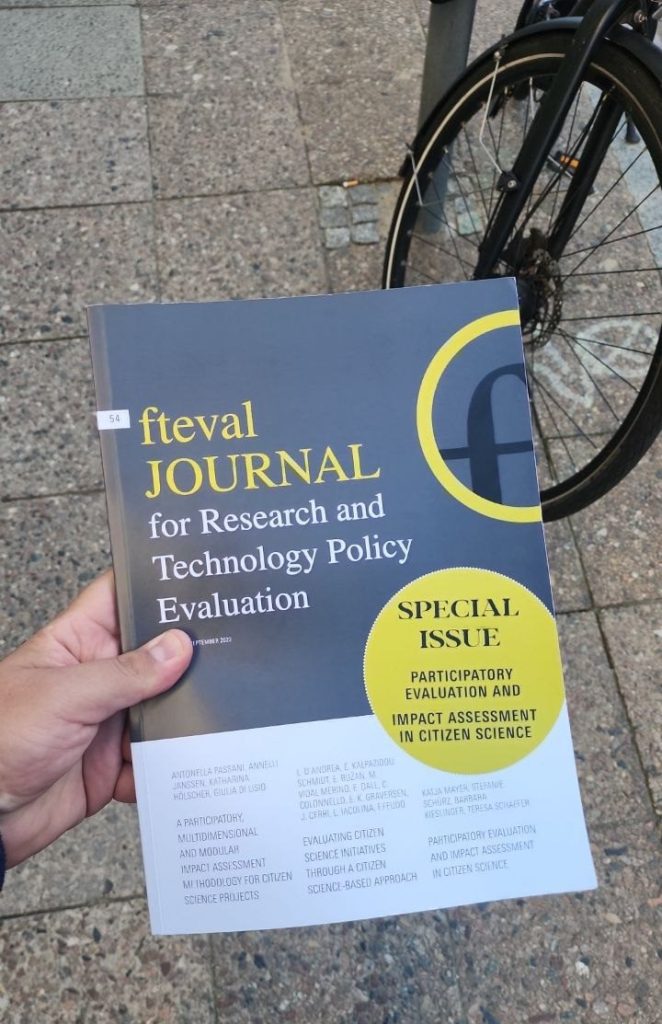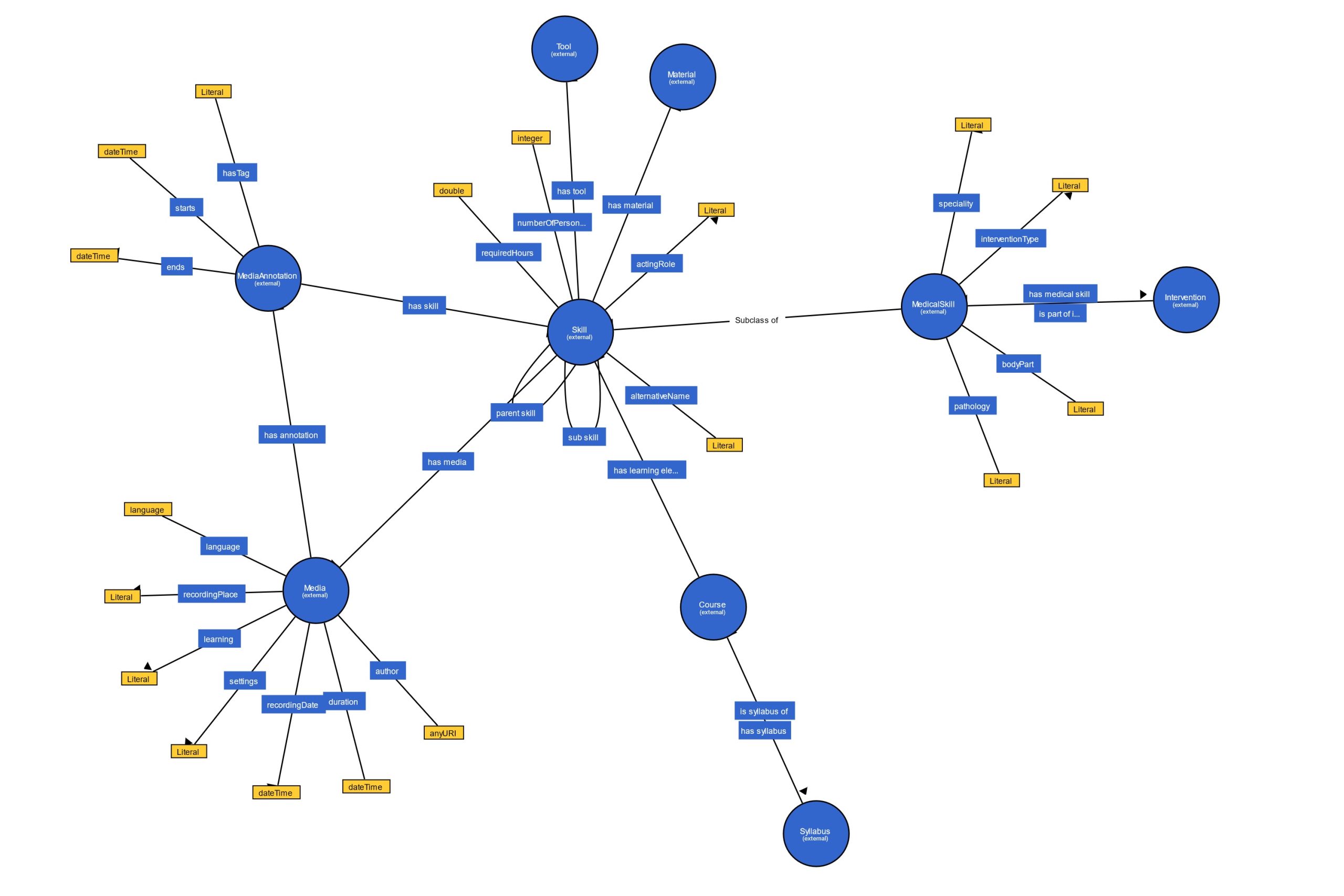In the past, I’ve explored the uses of data models in various aspects related to documentation. More specifically, how actionable knowledge can be extracted during the documentation process and repurposed. Some examples are here and here, both in the context of open works. Some of this work materialized in, for instance, supporting the Open Know-How specification, an initiative led by the Internet of Production Alliance.
Over the past couple of years, we had the chance to support the Global Surgical Training Challenge, an initiative by the Intuitive Foundation and supported by the Royal College of Surgeons in Ireland, MIT Solve, Challenge Works, and Appropedia Foundation. Our role consisted in aiding the processes of documentation and organization of knowledge.
One of the goals of this work is to help others as they evaluate the training modules being produced, a work that I conducted alongside my colleagues Julieta Arancio and Diego Torres. In this case, we proposed to use the documentation’s data model as a tool for evaluation. The premise is that organized knowledge can help guide the creation process. The teams can teach surgical training in any way they see fit, using low-cost simulators and knowledge content. Still, the existence of documentation guidelines can help as a self-assessment guideline to communicate their ideas more easily.

We recently published an article titled Documenting and assessing open innovation: co-creation of an open data model for surgical training in the fteval Journal for Research and Technology Policy Evaluation. This issue was focused on the evaluation of citizen science. For this reason, we expound on the value of using data models for evaluation in innovation processes that are decentralized, a common occurrence in citizen-led research processes.

